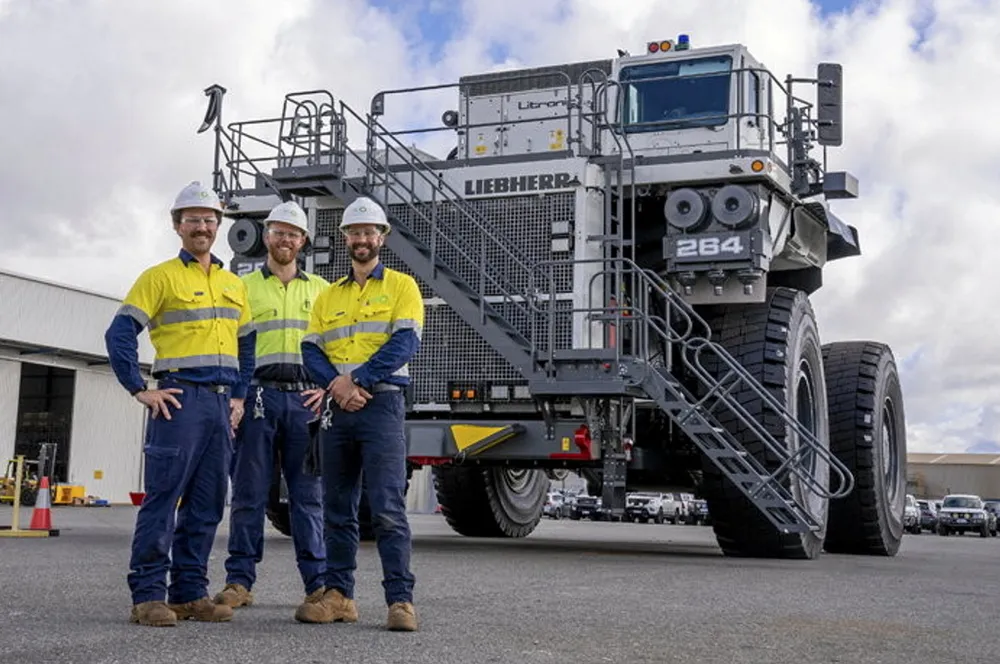Fortescue continues testing hydrogen fuel cell mining trucks, despite admitting they are inefficient
Three times as much renewable power is needed compared to battery-electric options, Australian miner had pointed out

Three times as much renewable power is needed compared to battery-electric options, Australian miner had pointed out
